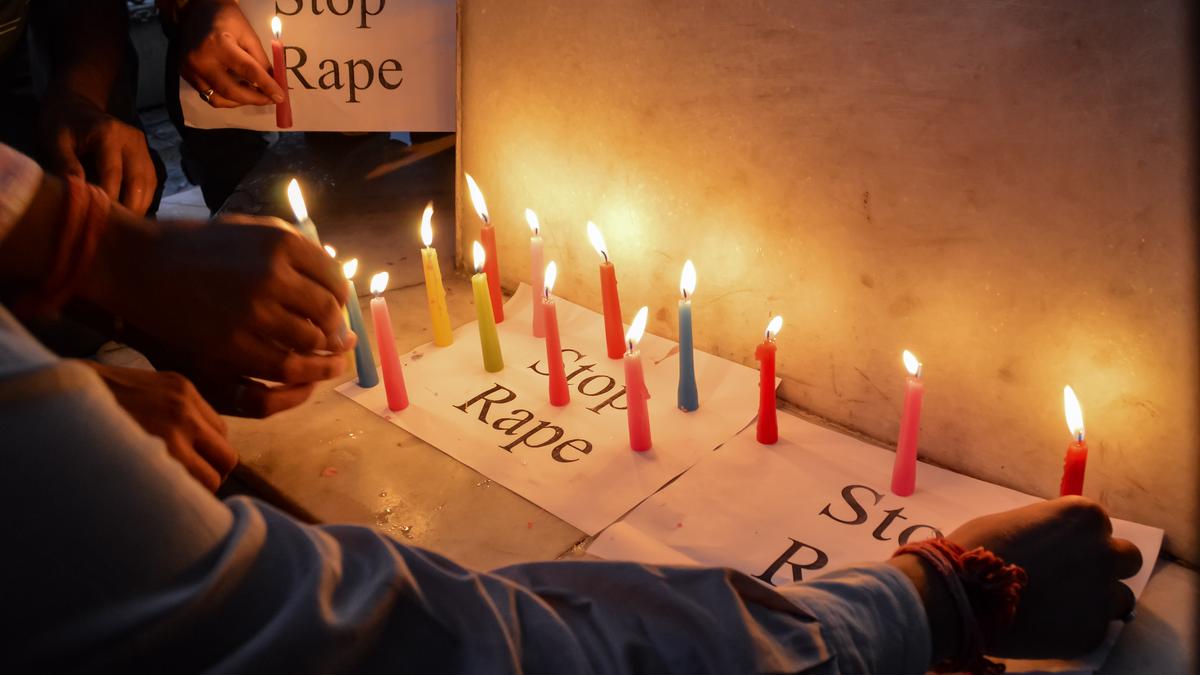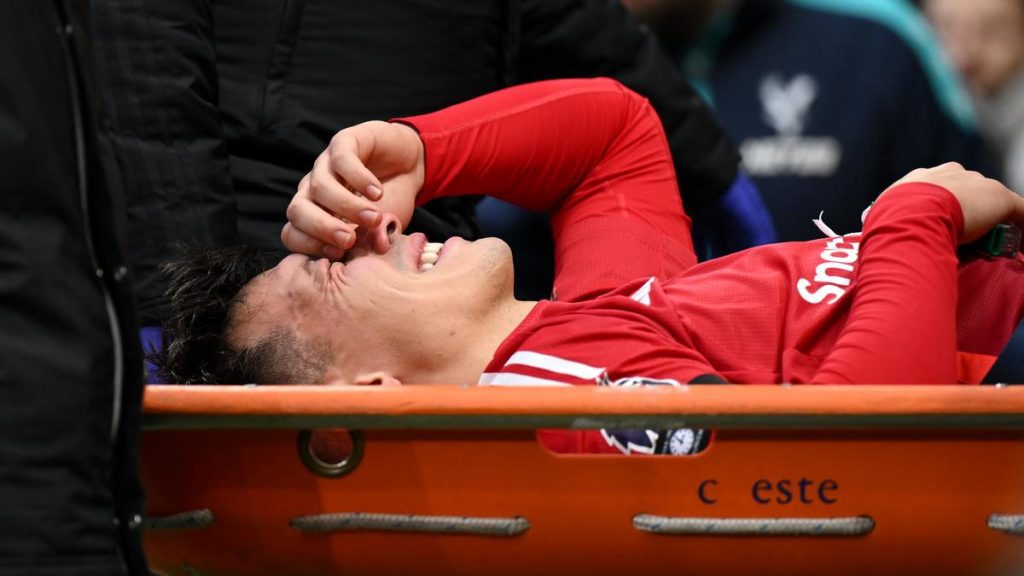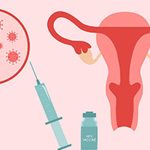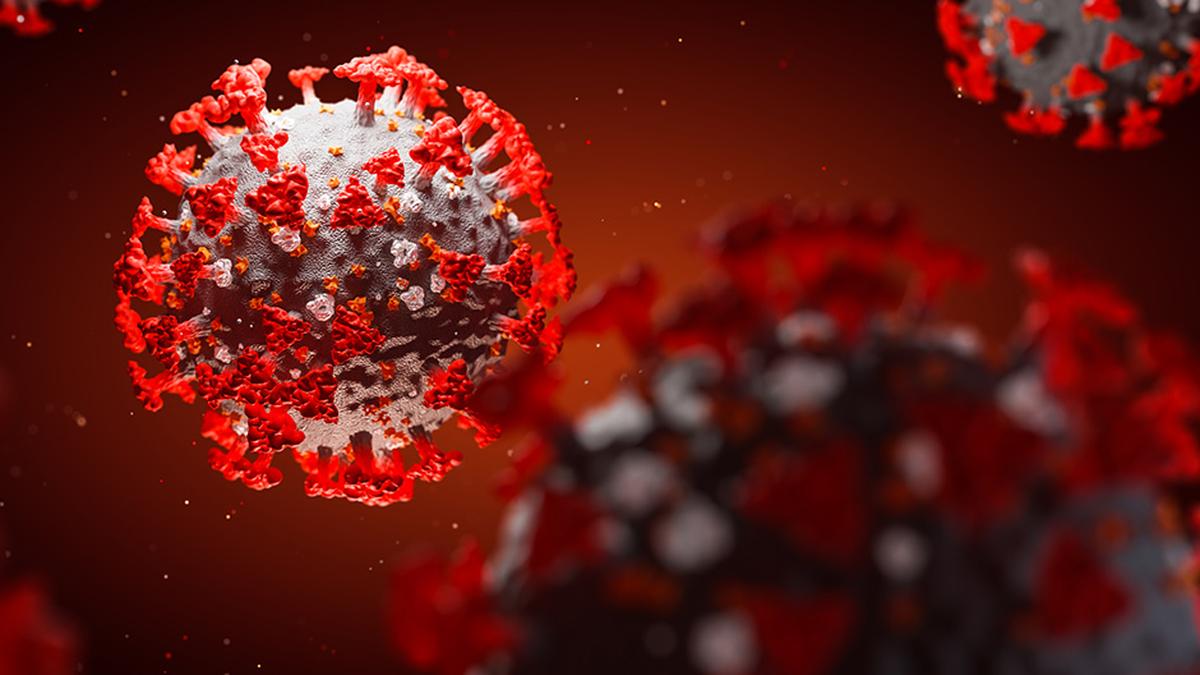Sexual assault survivors need trauma-informed mental health interventions, say experts Premium


Sexual assault survivors need trauma-informed mental health interventions, say experts Premium
Even before the dust on the sexual assault on a young student inside the campus of Anna University in the city had settled another incident was reported in the city on Tuesday. A research scholar from the Indian Institute of Technology Madras lodged a police complaint stating that a man in a bakery outside the institute campus had sexually harassed her. Anna University later set up a helpline number and improved security on the campus.
Chennai-based psychiatrist Lakshmi Vijayakumar, who runs Sneha, a non-governmental organisation that helps in the prevention of suicides and Vidya Reddy, founder of Tulir, a non-governmental organisation working to prevent child sexual abuse, say a majority of sexually abused persons undergo post-traumatic stress disorder, which could manifest early, or even after many years. This could be avoided if the survivors have a helpline to call and express their feelings and fears. Such a service is lacking in the country, Ms. Reddy says.
“They go through post-traumatic stress disorder (PSTD). There is guilt and anxiety about future. Those are the immediate psychological issues. A lot of that we can deal with to some extent,” Dr. Lakshmi explains. She said studies had shown that around 30%-35% of women who died by or attempted suicide had been sexually abused. Other issues include loss of trust in men and rejection of marriage, and anxiety about having physical intercourse also come up, she adds.
“As psychiatrists, we assess them for PSTD. I do psychotherapy to assuage their guilt and make them feel more confident about themselves, learn to trust and understand that what has happened is not their fault and the third is to help them develop healthy relationship. For some people it can last a long time. It depends on their inner ability to cope and the family support they receive,” she adds.
“The dynamics of sexual violence need to be understood, along with the varied presentation of anyone who has been abused and assaulted, depending on the context, age, frequency, relationship with assaulter and degree of violence. People who intervene from a mental health perspective must be trauma informed and recognise the complexities of rape trauma syndrome, post traumatic stress disorder. Being able to call someone who is trauma informed with an understanding of sexual violence to share the experience could bring about reassurance,” she explains.
Ms. Reddy points out that there is a whole continuum of interventional services between a counsellor and psychiatrist that is yet to take off in the country. She suggests promoting a helpline for psychological counselling like that of cybercrime alerts that is currently being advertised through mobile phone caller tunes.
“Considering police investigations follow a standard operating procedure of compliances and tick boxes, secondary victimisation by investigating authorities, of complainants of sexual assault, must be first addressed with regard to any mental health intervention/counseling,” she says.
Dr. Lakshmi and Ms. Reddy say sexually abused victims cannot be seen in isolation. It is necessary to understand the ecology around the individual, their family situation and relatives, who are all going through a stressful experience.
The trauma simmers in the background while they may go on with their day-to-day life. The imagery painted of a depressed individual is very different from the reality of how it impacts people, Ms. Reddy says.










